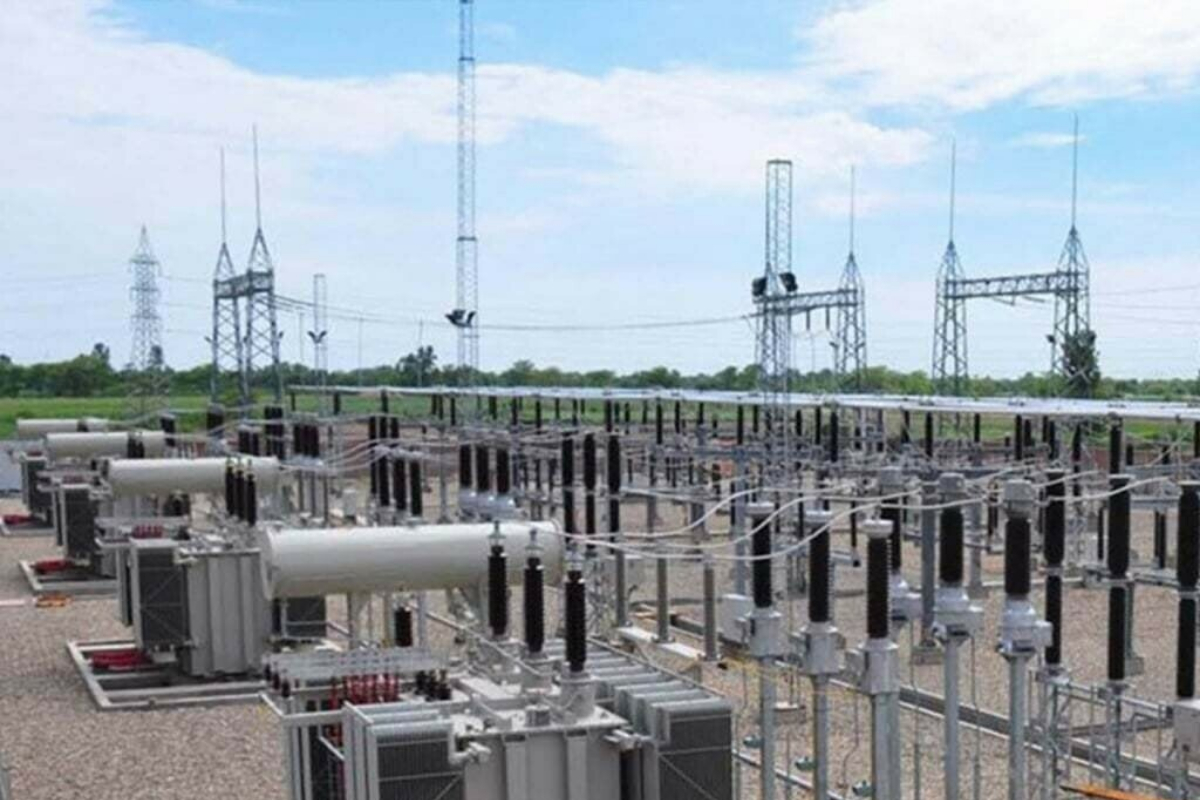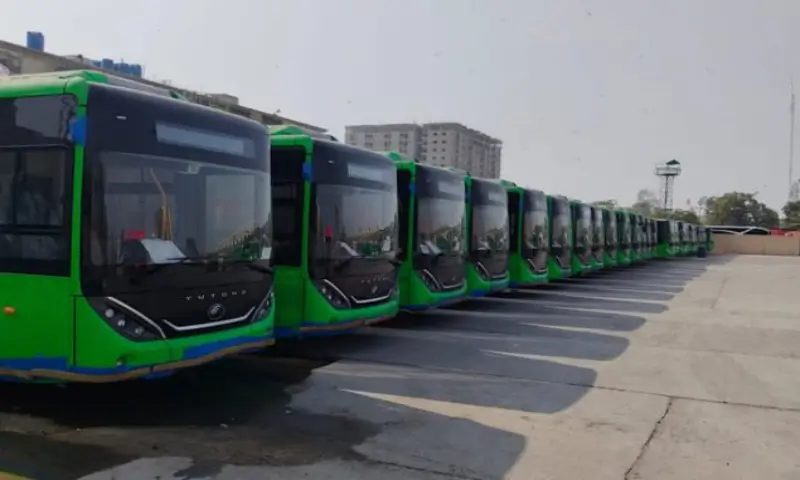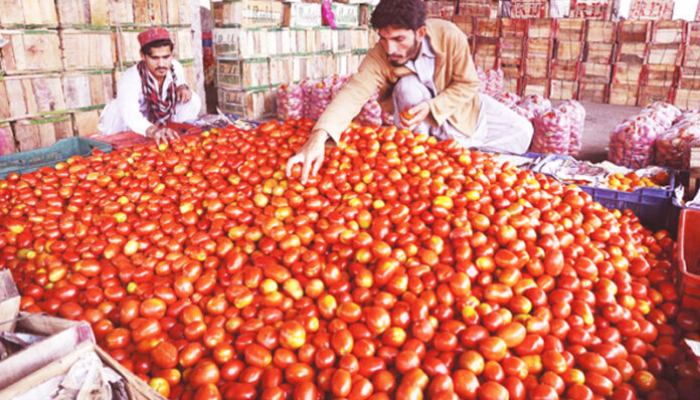KARACHI: The fuel cost for power generation declined 5.3 per cent on a year-on-year basis to an average of Rs5.99/unit in November 2022, compared with an average cost of Rs6.32/unit in November 2021.
On a monthly basis, the cost was down 33.6 per cent, compared with an average of Rs9.02/unit during October 2022.
Rao Aamir Ali at Arif Habib Limited said that the major reasons for the reduction in the cost included an increase in solar power generation, which was up 56 per cent on a year-on-year basis.
“The coal-based cost of generation declined 2 per cent year-on-year due to the addition of the local coal-based power plants to the system. The share of nuclear-based generation has also increased to 28 per cent from 18 per cent, a relatively cheaper source of power generation,” he added.
Electricity generation from high speed diesel (HSD), the most expensive source of power generation, remained at zero per cent in the month under review, he remarked.
The nuclear and solar-based power generation increased 57 per cent and 56 per cent on a year-on-year basis, respectively.
However, the power generation went down by one per cent year-on-year in November to 11,621MW, compared with 11,780MW during the same month of last year.
The decline in the generation was owed to lower generations from furnace oil (FO), down 93 per cent; coal, 29 per cent; regasified liquefied natural gas (RLNG), 16 per cent; hydel, 12 per cent; and generation from wind dropped by 10 per cent on a year-on-year basis.
Ali said that the decline in the power generation was triggered by the overall decline in economic activity across the country.
Major contributors for power generations included hydel with a share of 30 per cent, nuclear 28 per cent, gas 14 per cent, RLNG 12 per cent, coal 12 per cent, wind 2 per cent, solar 0.9 per cent, bagasse 0.8 per cent, and FO having a share of 0.1 per cent.
“The rise in the nuclear-based generation is witnessed due to the addition of the Karachi Nuclear Power Plant-3 to the system. While the decline in hydel-based generation was due to a 9 per cent year-on-year decline from the Water and Power Development Authority (Wapda) and a 35 per cent decline from Tarbela fourth extension,” Ali said.
The decline in hydel-based generation was despite the addition of Karot Hydro Power to the system as drag came from the unavailability of Neelam Jhelum during the period due to a technical fault, nullifying Karot Hydro Power’s contribution to the overall generation, he concluded.
[embedpost slug=”/gold-spree-continues-hits-rs174900-tola/”]





















